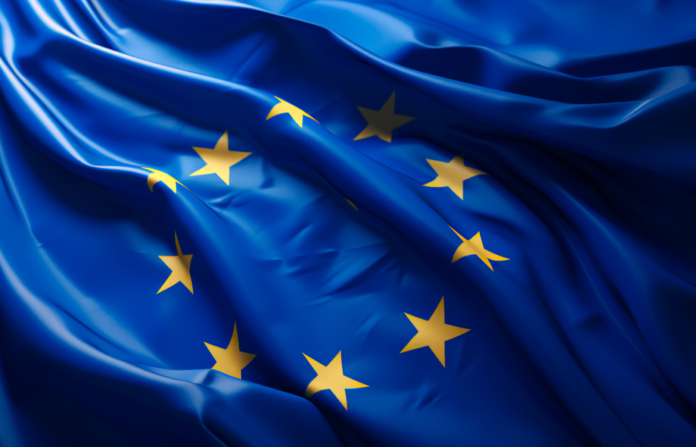The European Commission has announced plans to withdraw 37 legislative proposals from its 2025 work programme, including key regulations on AI, patent licensing, and ePrivacy. The decision signals a shift in EU regulatory priorities, aligning more closely with pro-innovation advocates and addressing concerns about overregulation from global tech leaders.
This announcement comes just a day after U.S. Vice President JD Vance said Europe was leveraging “excessive regulation” in a speech at the Paris AI Action Summit 2025. “We need international regulatory regimes that foster the creation of AI technology rather than strangle it,” he said via AP.
A work programme annex states that the withdrawal is due to “no foreseeable agreement” on the law, and the Commission will assess whether to propose a new regulatory framework or rethink its entire approach.
AI liability directive withdrawn amid legal concerns
The AI liability directive, issued in September 2022, aimed to facilitate claims by individuals and organisations seeking compensation for harm caused by AI systems. The proposed law clarified who would be responsible for damages, particularly in cases involving autonomous models, and sought to ease the burden of proof for victims.
However, the directive faced pushback from EU authorities. The latter were concerned about overlapping regulations with existing laws like the EU AI Act and the Product Liability Directive. The European Parliament called for an impact assessment citing concerns about its scope, and recommended it be transitioned to a broader software liability regulation.
Withdrawing the directive suggests that the EU holds a pro-innovation stance after consistent criticism from tech companies and analysts over its risk-averse approach to AI governance. The move also brings the EU’s stance closer to that of the U.S. administration — much like how the UK’s refusal to sign a declaration at the Paris AI Summit for “safe, secure and trustworthy” AI, despite claims of acting in its own interest, was widely seen as an attempt to stay in Washington’s good graces.
Patent licensing directive faces opposition from industry giants
Another withdrawn directive relates to standard essential patents (SEPs), which protect inventions that are essential for complying with industry standards such as 5G, Wi-Fi, Bluetooth, and USB. Issued in April 2023, the directive aimed to create a transparent framework for licensing SEPs, ensuring companies like Apple and Google could access patents owned by firms such as Nokia and Qualcomm without facing excessive royalty demands.
Tech companies favoured this directive, as it would make licensing clearer and fairer, and protect them from unfair royalty demands. The Computer and Communications Industry Association said the Commission “misses a key chance to modernise outdated rules,” while the Fair Standards Alliance said it “sends a deeply concerning signal to businesses that depend on a transparent and predictable SEP licensing framework.”
On the other hand, Nokia, which holds a significant SEP portfolio, welcomed the withdrawal, referring to the SEP directive as “deeply flawed.” The Commission’s formal reason for the withdrawal is the same as for the AI liability directive — a lack of agreement among stakeholders. However, industry analysts believe this decision further signals Europe’s response to growing concerns about regulatory burdens.
ePrivacy directive scrapped after years of delays
The final withdrawn directive relates to the Regulation of Privacy and Electronic Communications, or ePrivacy, which was issued in 2017 to extend EU privacy laws to messaging platforms, like Skype and WhatsApp. The regulation aimed to establish stricter rules on cookie tracking and data monitoring, putting tech companies on a level playing field with telecom providers.
However, the directive faced delayed for years due to multiple rounds of proposed amendments from the European Parliament and European Council, and disputes relating to balancing user privacy with the ability of companies to offer personalised services and detect child sexual abuse material.
The European Commission said that the proposal is “outdated in view of some recent legislation” and that no agreement was expected from co-legislators.
